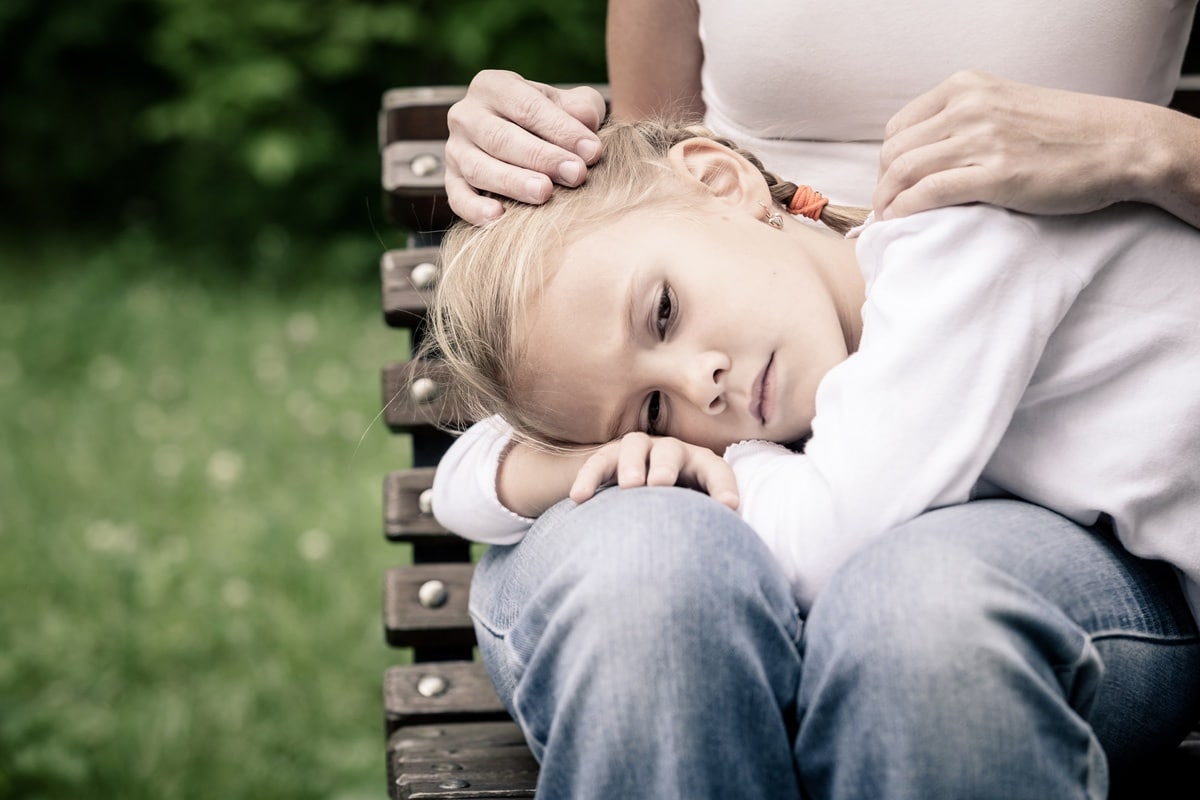Unpacking and Alleviating Stress in Little Ones
Parenting is a rewarding journey filled with joy, but it also comes with its unique set of challenges. One such challenge that parents may encounter is dealing with anxiety in toddlers. While it might be surprising to think of little ones experiencing anxiety, it’s essential to recognize and address their emotions. In this blog post, we’ll explore the world of toddler anxiety, its potential causes, and practical tips for supporting your little one through these moments.
1. Understanding Toddler Anxiety:
Toddlers, like adults, can experience anxiety. However, they may not have the words to express their feelings clearly. Anxiety in toddlers often manifests through changes in behavior, sleep disturbances, clinginess, or tantrums. Recognizing these signs is the first step in understanding and addressing their anxiety.
2. Common Causes of Toddler Anxiety:
- Separation Anxiety: Toddlers may become anxious when separated from their primary caregivers.
- New Experiences: Novel situations, people, or environments can trigger anxiety in toddlers.
- Routine Changes: Toddlers thrive on routine, so unexpected changes can be unsettling.
- Overstimulation: Loud noises, bright lights, or crowded spaces can overwhelm toddlers.
3. Create a Safe and Predictable Environment:
Establishing a routine and a secure environment can provide a sense of predictability for toddlers. Consistent bedtime routines, regular mealtimes, and familiar surroundings contribute to a stable and comforting atmosphere.
4. Encourage Expressing Emotions:
Since toddlers may struggle to verbalize their feelings, encourage alternative means of expression. Provide them with art materials, toys, or even role-playing scenarios to help them communicate their emotions.
5. Lead by Example:
Demonstrate healthy coping mechanisms by managing your stress in a positive way. Toddlers often mimic their parents, so modeling calm and composed behavior can have a positive impact on their emotional well-being.
6. Gradual Exposure to New Experiences:
Introduce new experiences slowly and gradually. Whether it’s meeting new people, visiting new places, or trying different activities, allowing toddlers to acclimate at their own pace can reduce anxiety.
7. Comfort Objects and Transitional Items:
Many toddlers find comfort in transitional objects, such as a favorite stuffed animal or blanket. These items can serve as a source of security during moments of anxiety or uncertainty.
8. Mindful Breathing and Relaxation Techniques:
Simple breathing exercises or relaxation techniques suitable for toddlers can help them manage anxious feelings. For example, encourage deep belly breathing or guided imagery to create a sense of calm.
9. Stay Connected:
Foster a strong connection with your toddler through quality time and positive interactions. Knowing that they are loved and supported can significantly reduce anxiety.
10. Seek Professional Support if Needed:
If your toddler’s anxiety persists or significantly interferes with their daily life, consider seeking guidance from a pediatrician, child psychologist, or mental health professional. Early intervention can make a significant difference in addressing and managing anxiety in toddlers.
Parenting a toddler with anxiety requires patience, understanding, and a commitment to creating a nurturing environment. By acknowledging and addressing their emotions, you can help your little one build resilience and coping skills that will serve them well in the future. Remember, you’re not alone in this journey, and there is support available for both you and your toddler. Here’s to fostering a happy and emotionally healthy childhood!

